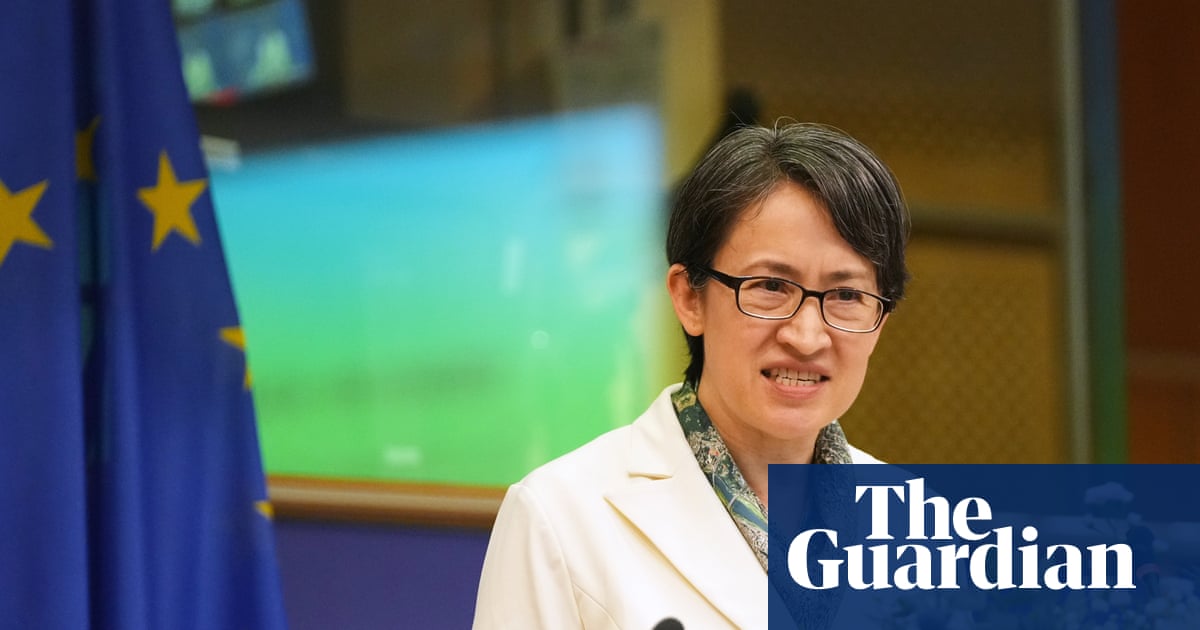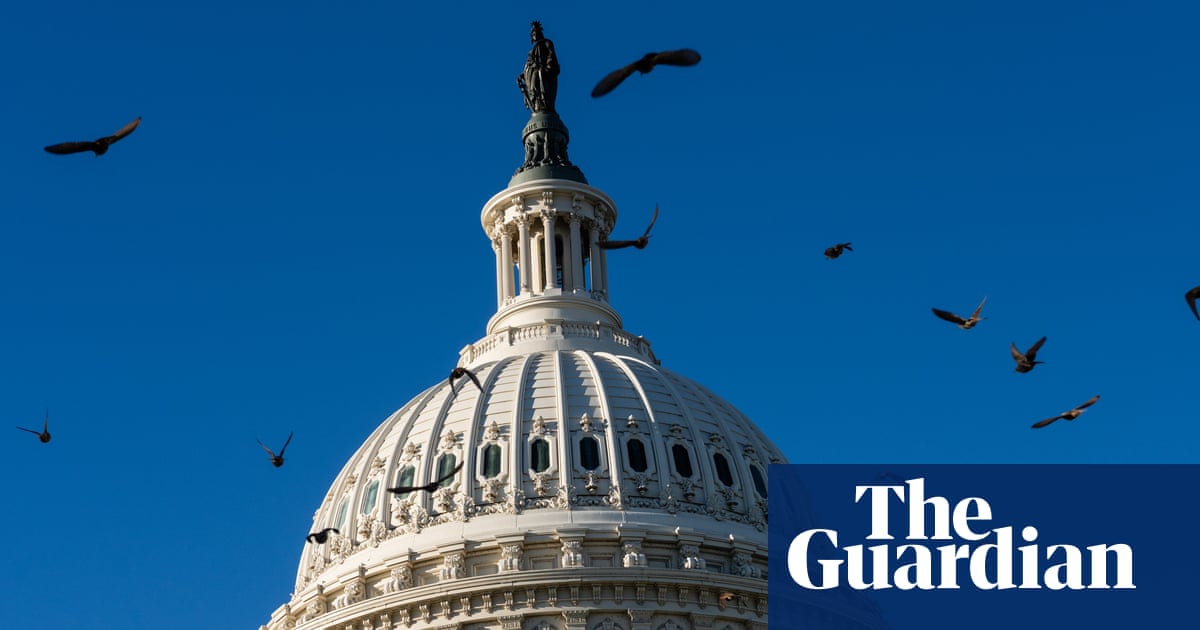Sam Altman, leader of one of the world’s biggest artificial intelligence companies, has signed a deal with the British government to explore the deployment of advanced AI models in areas including justice, security and education.
The chief executive of OpenAI, which has been valued at $300bn and provides the ChatGPT suite of large language models, agreed the memorandum of understanding with the science and technology secretary, Peter Kyle, on Monday.
It follows a similarly wide-ranging deal between the UK government and OpenAI’s rival US tech company, Google, which campaigners called “dangerously naive”, citing fears that the arrangement could leave the public sector dependent on private technology providers and make it harder for politicians to regulate them.
The latest agreement states that OpenAI and the government “will collaborate to identify opportunities for how advanced AI models can be deployed throughout government”, including “to help civil servants work more efficiently” and to support “citizens to navigate public services more effectively”.
It said they will collaborate to develop AI solutions “to the UK’s hardest problems, including in areas such as justice, defence and security, and education technology” and develop partnerships “to expand public engagement with AI technology”.
Altman has previously predicted that AI laboratories will this year reach a level of performance that is known as artificial general intelligence, equivalent to human level intelligence at a range of tasks.
At the same time, the British public is divided over the risks and rewards of the fast-developing technology. A survey by Ipsos found that 31% are mostly excited about the possibilities, but somewhat concerned about the risks. Another 30% are mostly concerned about the risks, but somewhat excited about the possibilities.
Kyle said: “AI will be fundamental in driving the change we need to see across the country – whether that’s in fixing the NHS, breaking down barriers to opportunity or driving economic growth.”
He said this “can’t be achieved without companies like OpenAI” and added that the partnership would give Britain “agency over how this world-changing technology moves forward”.
Altman said: “Britain has a strong legacy of scientific leadership and its government was one of the first to recognise the potential of AI through its AI opportunities action plan. Now, it’s time to deliver on the plan’s goals by turning ambition to action and delivering prosperity for all.”
after newsletter promotion
Open AI is to expand its operation in the UK beyond the more than 100 staff it currently has.
As part of the Google deal announced earlier this month, the Department for Science, Innovation and Technology said that Google DeepMind – the tech company’s AI division, led by the Nobel prize-winning scientist Demis Hassabis – would “collaborate with technical experts in government to support them in deploying and diffusing new emerging technologies, driving efficiencies across the public sector, including accelerating scientific discovery”.
OpenAI has already provided its technology to power an AI chatbot intended to allow small businesses to more easily get advice and support from government webpages. Its technology also underpins some of the tools in “Humphrey”, Whitehall’s AI assistant that aims to speed up the civil service.

 3 months ago
95
3 months ago
95

















































